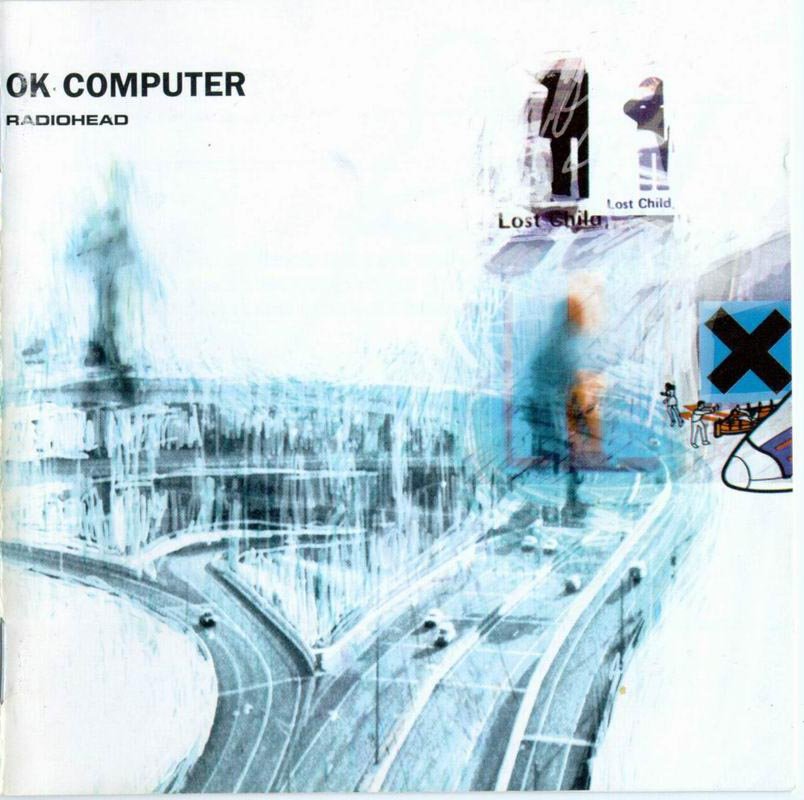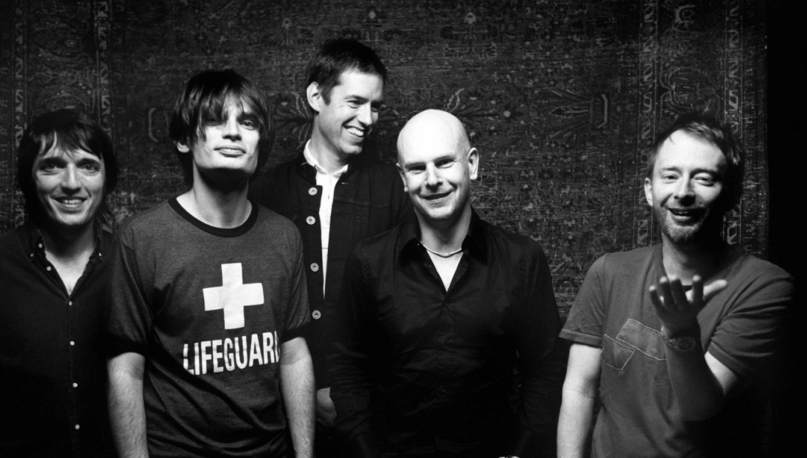Prepare for dehumanisation
OK Computer. What a monster of an album. Musically complex, its 12 songs were foreboding, textured, crammed with snatches of white noise and electronic flourishes, and at times sublimely beautiful.
Lyrically, singer Thom Yorke eyed the future with twitchy fear, singing about the march of technology and its dehumanising effects, machines spiraling out of control, alienation, artificial intelligence and sensory overload. Within months of Vanity Fair proclaiming that "London Swings Again!", OK Computer’s nervous jolt suggested a darker reality.
Britpop extinguished
OK Computer stamped on the smouldering fag end of Britpop. Ironically, Radiohead hadn’t planned a big statement with OK Computer. The album’s technological bent – sonically, at least – stemmed largely from the band resisting pressure to repeat the straight rock sound of previous album, 1995's global smash The Bends.
Thematically, the album quickly proved uncannily prescient. This is one of the reasons it endures. Within months of its release, Cool Britannia unraveled: Blair became engulfed in the Ecclestone Affair funding scandal, Gallagher’s Oasis released the rotten Be Here Now album, and the untimely death of Princess Diana darkened the nation’s mood. Within a year of its release, pre-Millennium angst took hold.
Internet rising
Global internet usage had doubled since Blair’s election and people were increasingly fearful that the computers upon which our infrastructure relied would crash as we hurtled into the new century.
The apocalypse would play out on the new 24-hour rolling news channels, assuming the Y2K bug hadn’t torpedoed them too. OK Computer’s dystopian warnings suddenly felt like a snapshot of the current world.
Life is messy and technology is scary. Perhaps, in writing about a future that quickly became a reality, OK Computer is just too close to the bone of modern reality.


